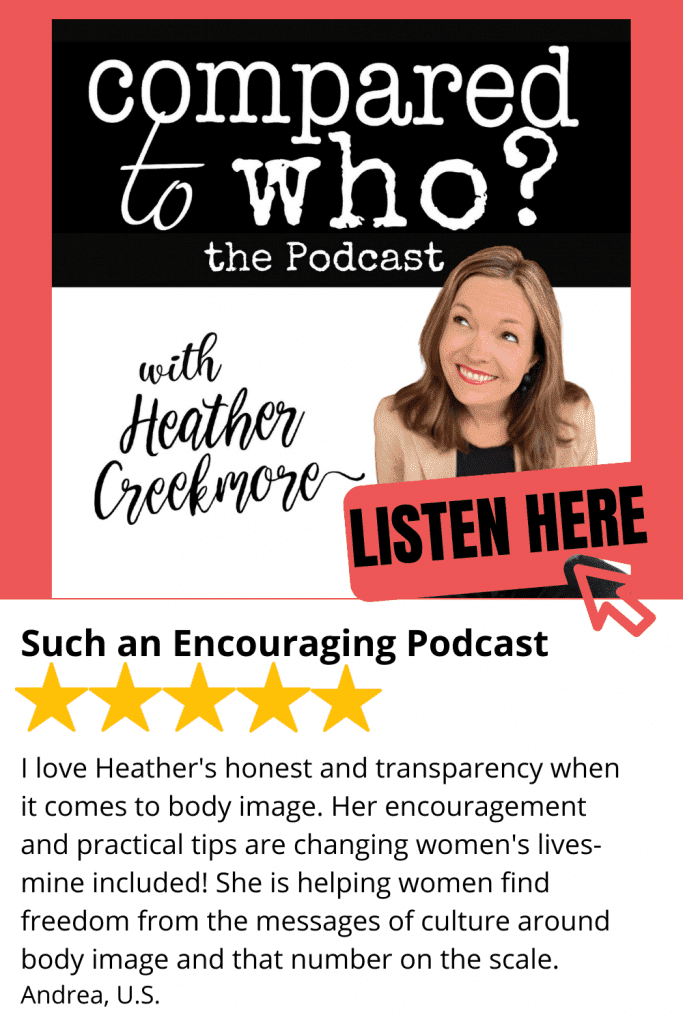Tip 2: Talk about your body as an important part of your existence as it was created by God.
This post is part two of a four-part series.
In the previous post in this series, we discussed the benefits of including your son in a lifestyle that maintains a healthy body. And, though it has been said that actions speak louder than words, in reality, our actions and words are experienced by our sons as flip sides of the same coin. If we do one thing and say another, that coin will carry little value.
Usually, when our speech and actions conflict, we are saying a true and good thing but then not living up to it. Children and adolescents are expert hypocrisy detectors; Jesus did not suffer hypocrites either—so we definitely need to avoid that. But when it comes to body image, the contradiction often happens in reverse: Though our actions might promote proper maintenance of the body, our speech misrepresents the true nature and value of the body.
An ancient philosophy called Gnosticism promoted the idea that the physical world is evil and the spiritual world is good. Though this view is unbiblical, it still sometimes finds its way into Christian thinking and even into the way people speak about their bodies.
Some confuse the biblical concept of “the flesh,” the sin nature, with the fact that our bodies are made of flesh. Of course, we can use our bodies to do bad things, but this does not make the body itself bad. We want to avoid talking about our bodies in a way that could make our sons ashamed of their bodies or bodily functions—we do not properly care for that which we do not value.
On the other hand, many today fall into another unbiblical trap, materialism. In materialism, we overly value the body to the neglect of the spirit. We obsess over how our body should look because we think looking a certain way will bring us greater satisfaction in life. We either complain about how our bodies (or the bodies of other people) fail to match up—I’m too fat, too bald, not tall enough; or we highlight how good we or others look too much.
I’m not saying it’s wrong to flex your biceps and tell your son that it looks like the “gun show’s” in town now and then—we are obligated as fathers to make the occasional corny dad joke, of course. But, in general, focusing our speech on the appearance of the body, whether as criticism or praise, actually undermines a full appreciation of the body.
Ultimately, if we hope to model a healthy body image for our sons, we need to talk about our bodies from the profound perspective promoted in Scripture, which brings us to . . .
Tip 2: Talk about your body as an important part of your existence as it was created by God.
God made man—body and soul—including all of the body’s functions (breathing, eating, drinking, the ability to procreate, etc.), and called it very good. We should speak about it accordingly.
As part of God’s plan of redemption for His creation, He took on flesh and became a man. He lived perfectly in His body, presented it as a sacrifice for the sins of the world on the cross, and raised it from the dead. And here is a mind-blowing fact we know but often underemphasize: Though presumably the Son of God could have returned to a state of spirit after the resurrection, instead, He chose to stay in a body forever—a glorified body, but a body all the same. And He promises the same for His children one day.
The body is clearly important to God. It points to our connection with our incarnated Lord, Jesus. And we see in Jesus’ earthly ministry a model for how we are to understand the body—as a vessel that is to be filled with the Holy Spirit in service of God. And it is with that divine meaning that we should speak about our bodies to our sons.
Jesus offered an interesting truth about food and speech: “. . . It is not what goes into the mouth that defiles a person, but what comes out of the mouth; this defiles a person” Matthew 15:10-11.
When our actions and words conflict, we either model hypocrisy or create confusion for our sons. When our actions and words present a unified, God-honoring view of the body, our sons will have clarity, and that double-sided coin of our actions and words will have great value in their lives.
Watch for Tip 3: Call out unrealistic and manipulative body image portrayals in media.
 Sean Coons is the author of Body: or, How Hope Confronts Her Shadow and Calls the Flutter Girl to Flight, a Christian fiction comedy exploring body image and intuitive eating. Sean’s latest novel, Firefly: Let There Be Light, is a middle-grade adventure slated for publication by Black Rose Writing in October 2021. Twitter: @seancoons. Facebook: @seancoonswriter. Instagram: @seanmcoons. SeanCoons.com.
Sean Coons is the author of Body: or, How Hope Confronts Her Shadow and Calls the Flutter Girl to Flight, a Christian fiction comedy exploring body image and intuitive eating. Sean’s latest novel, Firefly: Let There Be Light, is a middle-grade adventure slated for publication by Black Rose Writing in October 2021. Twitter: @seancoons. Facebook: @seancoonswriter. Instagram: @seanmcoons. SeanCoons.com.





0 Comments